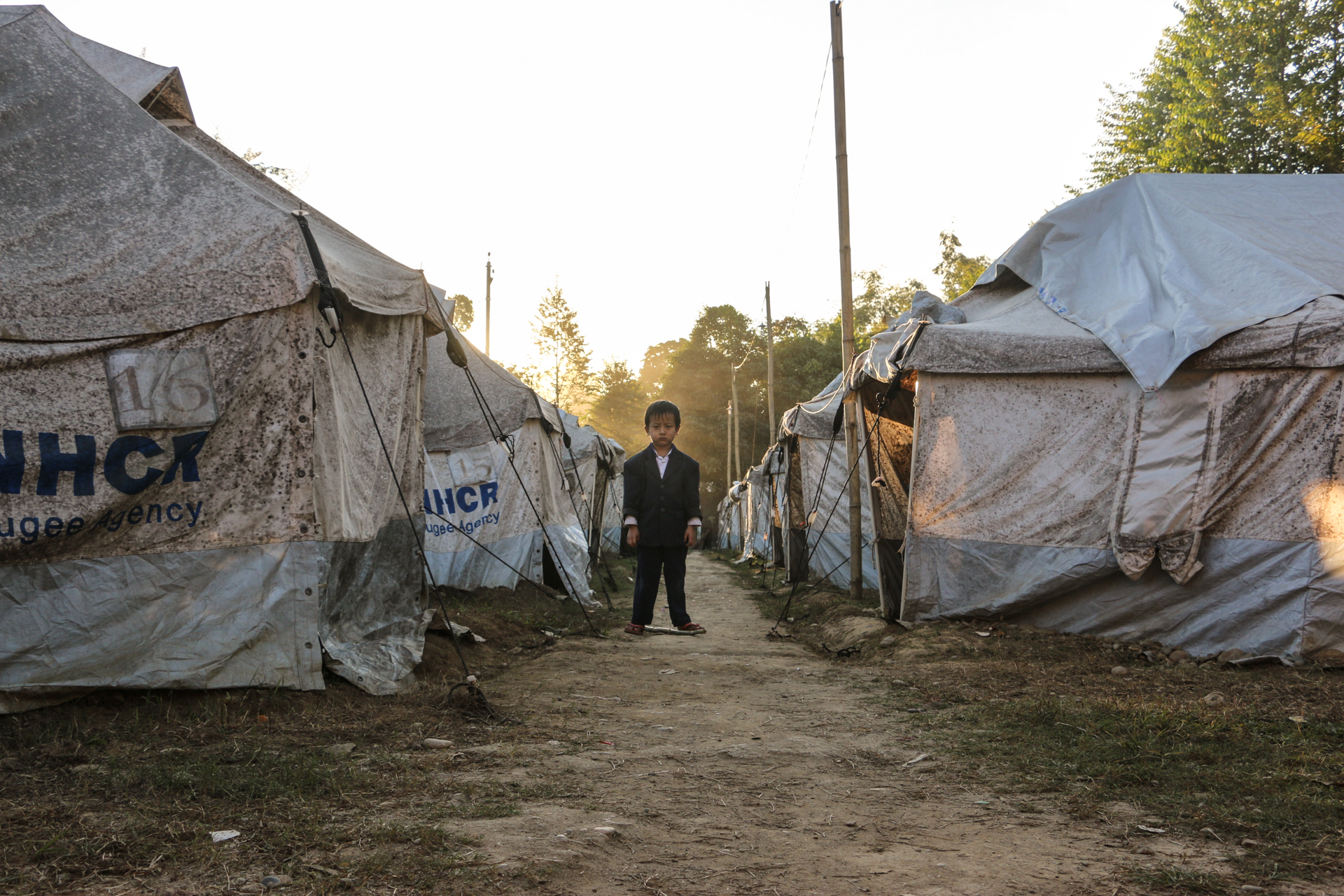In the Democratic Republic of Congo, violent clashes are continuing to hamper efforts to contain the most recent Ebola outbreak. Operations were suspended again after two Ebola health workers were killed last week – the latest in a string of attacks thwarting containment efforts.
In Libya, Yemen, and Syria, meanwhile, ongoing fighting has thwarted food deliveries and other humanitarian operations. Airstrikes have routinely destroyed hospitals and killed health workers.
Last year was the second worst year for aid worker security with 399 aid workers affected by major violence in 221 separate attacks. In Syria, more than 76 health workers were killed last year, making it one of the most dangerous places to work.
Conflict is also leading to government blockages or suspension of aid. A recent report from the UK think tank Chatham House showed how aid has been politicised in Syria. Similarly, a UN official warned on 17 July that Yemenis were dying because of funding delays from Saudi Arabia and the United Arab Emirates – two countries involved in the Yemen war.
Our round-up this week explores how armed conflict hampers humanitarian aid, the challenges relief organisations face while operating in conflict zones, and the ways in which they are navigating them.

Central African Republic, part 2: ‘We have become the targets’
As aid workers became caught up in CAR’s fast-fragmenting conflict, it made it incredibly difficult for them to provide even basic services to civilians.

What is humanitarian deconfliction?
How aid agencies try to avoid getting bombed in Yemen and Syria.

For medical workers in South Sudan, just reaching the sick is a challenge
Saving lives in a country beset by civil war is impossible without access to the wounded and the sick.

First Person: To stop Ebola, ask the rebels to help
Earning the trust of affected communities is essential – especially in active conflict zones.

In militarised Mali, humanitarian responders say aid is an afterthought
Needs are rising, but threats and poor communication between the many actors are hindering the ability of aid groups to provide assistance.

In northern Myanmar, a long-forgotten conflict flares out of view
Aid restrictions leave tens of thousands stranded in a war that spans generations.

Militant attacks complicate cyclone response in Mozambique’s Cabo Delgado
Ravaged by two cyclones in quick succession, sporadic violence in the country’s restive north has disrupted aid deliveries.

Mosul: Lives saved, credibility lost?
When medical aid groups step in for militaries in war zones, not all the consequences are good.

Afghan attacks force aid rethink, leave local NGOs more exposed
As big international aid groups pull back, local NGOs find themselves increasingly in the crosshairs.

Six months after US sanctions lifted, promised aid access in Sudan remains limited
One in 10 people need assistance, while wrangling with rebels over access continues.
(TOP PHOTO: Karungi Shamillah, 27, a Red Cross volunteer in her own community in Majada, Uganda, close to the border of the Democratic Republic of the Congo, educating communities about Ebola.)




